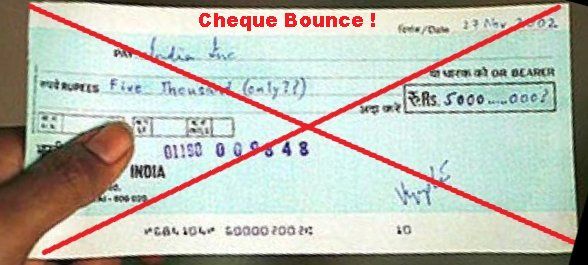I had lent friendly loan of 15L to a friend. The loan was issued starting from Dec-2014 till June-2015 in parts, most of it through NEFT bank transfers.
Source of my income : Salary savings accumulated & investments, for which I have IT payment proof
For the above loan, an interest of 2% was agreed per month and undated cheques totalling 14L was issued. However, since the money got stuck in his construction of appartment, my friend was not able to pay any interest or principal back. In april 2016, we discussed and he gave me a sale agreement for one of his apartments, as he said, he wont be able to repay till the construction work is completed.
The terms of the agreement :
Stamp paper : Rs .200 (only sale agreement, property not registered yet)
Date : April -2016
Amount mentioned as paid in the agreement: 25L, apartment value : 90L
Other terms in agreement : a) apartment will be ready for posession before 3 years b) If required, I can refuse the apartment and ask the money back without any penalty with a notice of 2 months
Now my friend is not able to complete the apartment or repay the loan and I am in need of money. Proofs : 14L undated cheque & the above sale agreement(which was created for the sake of proof of money paid & not for the actual buying of the apartment)
Questions:
1. If I plan to file a money recovery suit, which date would be considered for barring - Is it he first date on which i gave the loan (dec-2014) or the date on which I submit the cheques or the date on the sale agreement(apr-2016)?
2. Since I have the agreement & cheque, can I directly file a case based on the agreement or is it suggested to deposit the cheque and then proceed with bounced cheque?
3. what are the chances of recovery with the above proofs in hand?
Thanks in advance for the help!


















